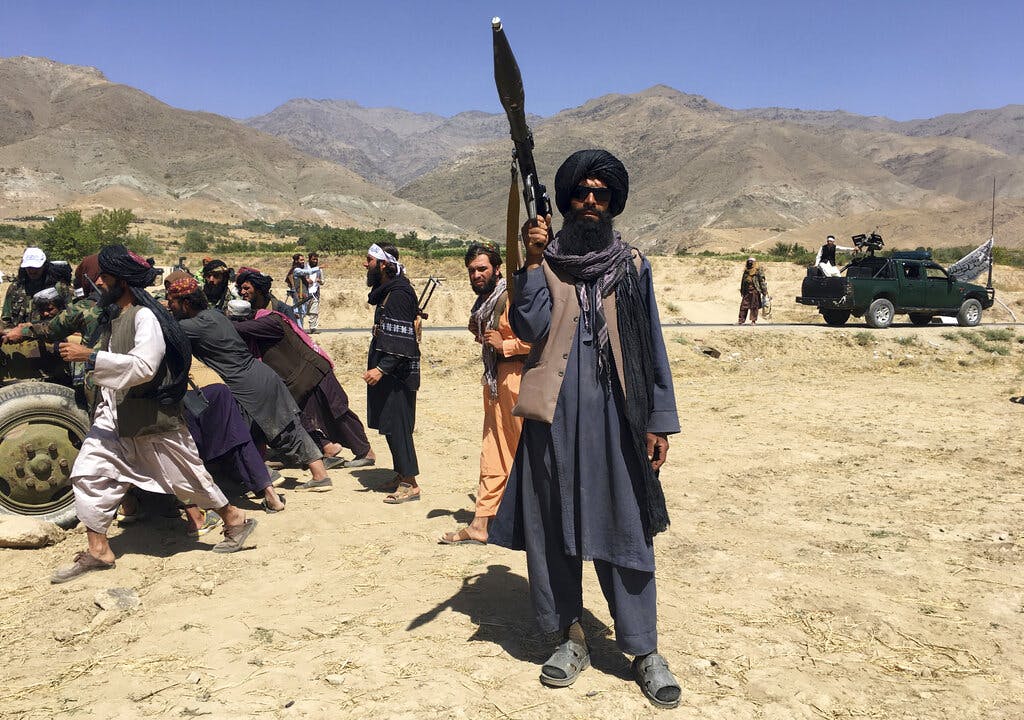
New Ransom Note Sent to TMZ as Investigators Experience Progress and Setbacks in 10-Day Search for Nancy Guthrie
By DANIEL EDWARD ROSEN
|Al Qaeda now allegedly operates training camps in ten out of 34 Afghanistan provinces.

Already have a subscription? Sign in to continue reading

By DANIEL EDWARD ROSEN
|
By MATTHEW RICE
|
By JOSEPH CURL
|$0.01/day for 60 days
Cancel anytime
By continuing you agree to our Privacy Policy and Terms of Service.